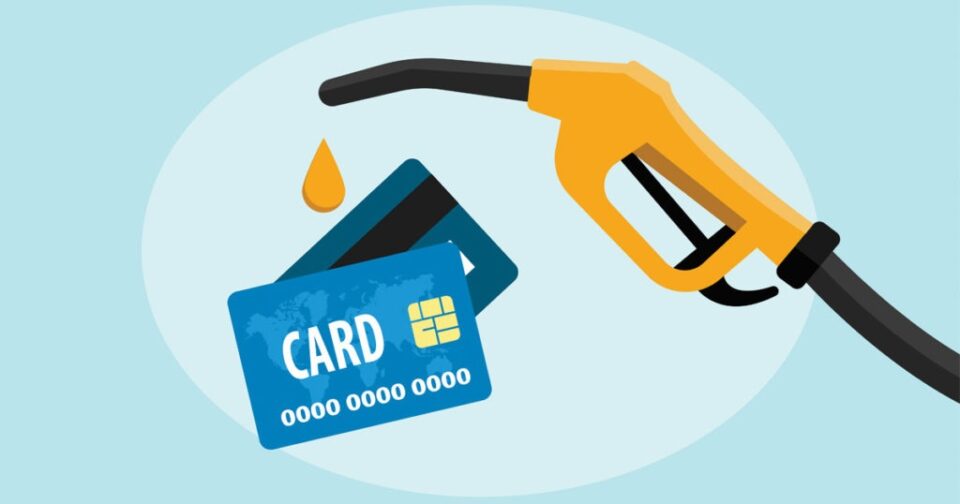Many fuel card providers provide point-based rewards programs, which can be quite helpful in addition to direct cost savings. Fuel purchases earn points that can be redeemed for a variety of products and services, such as vacation and lodging, as well as auto maintenance and repairs. This implies that for enterprises, every gasoline transaction is both an essential cost and a chance to make significant rewards that can offset other costs.
Additionally, additional incentives that can improve the general effectiveness and safety of a company’s fleet operations are frequently included in vendor-specific loyalty programs. These might include free car washes, access to emergency fuel services, and reduced costs for roadside help. These benefits not only increase value but also help the business run smoothly and continuously by keeping the cars in top shape and ready for action.
But in order to take full advantage of these vendor-specific loyalty benefits, companies must adopt a calculated strategy. It’s critical to choose gasoline card suppliers and vendor alliances that complement the business’s geographic reach and operational requirements.
A fuel card that offers benefits with a vendor that has a large network of gas stations, for instance, can be more advantageous for a firm with a nationwide fleet as it guarantees that drivers can always obtain fuel and accrue credits.
To get the most out of loyalty programs, businesses should also actively monitor and control how fuel cards are used. This entails keeping a close eye on reward balances and fuel card bills, comprehending the terms and conditions of loyalty programs, and making sure staff members are aware of the advantages and motivated to use the cards at participating suppliers. Businesses should make sure they are getting the most out of their fuel card programs and vendor-specific loyalty benefits by being proactive and educated.
An obstacle that companies could have while utilizing vendor-specific loyalty programs is the possibility of becoming overly dependent on a single supplier. Even though loyalty programs provide worthwhile incentives, it’s crucial for companies to spread out their gasoline purchases to prevent becoming overly reliant on one supplier. Purchasing fuel from a variety of suppliers might help reduce the chance of price changes or supply interruptions. To ensure that the advantages of loyalty awards are maintained, this should be done strategically.
The possibility of modifications to loyalty program terms and conditions is another factor to take into account. The value of the rewards received could be impacted by changes made to the eligibility requirements or rewards systems by fuel suppliers and card issuers.
In order to fully benefit from vendor-specific loyalty awards, companies want to think about combining fuel cards usage data with other fleet management components. For instance, some fuel cards Australia companies give sophisticated data analytics capabilities that let companies monitor driver behavior, measure gasoline usage, and find more ways to save money. Businesses can obtain a thorough understanding of their fuel-related expenses and improve their operational efficiency by utilizing these technologies in conjunction with reward programs.
In conclusion, gasoline cards with vendor-specific loyalty rewards present a big chance for companies to improve operational effectiveness, cut expenses, and forge closer bonds with fuel suppliers. Businesses may unlock significant value and obtain a competitive edge in their sector by carefully choosing fuel card providers and vendor alliances, actively monitoring fuel card usage, and integrating loyalty programs with more comprehensive fleet management techniques. Effective use of vendor-specific loyalty programs has several advantages over potential disadvantages, despite certain difficulties and concerns. Fuel cards for business that offer vendor-specific loyalty points are an effective tool for companies looking to reduce their fuel-related costs and promote long-term growth and profitability.

